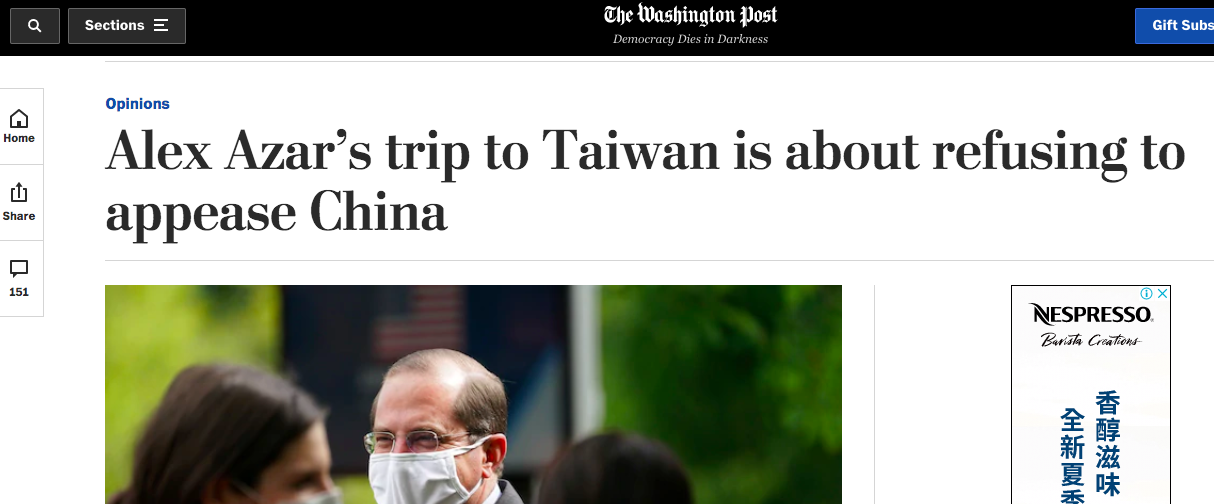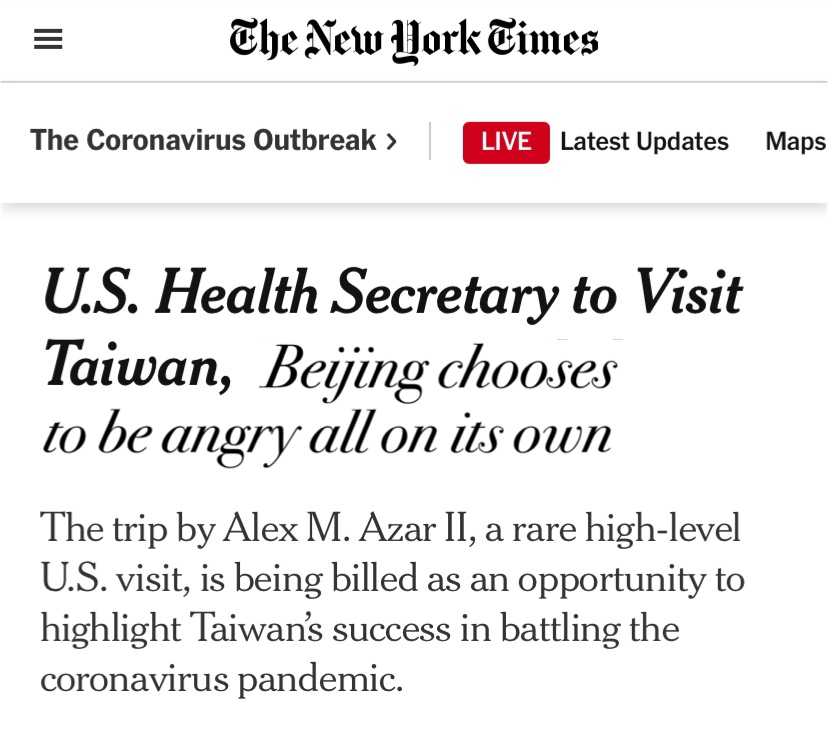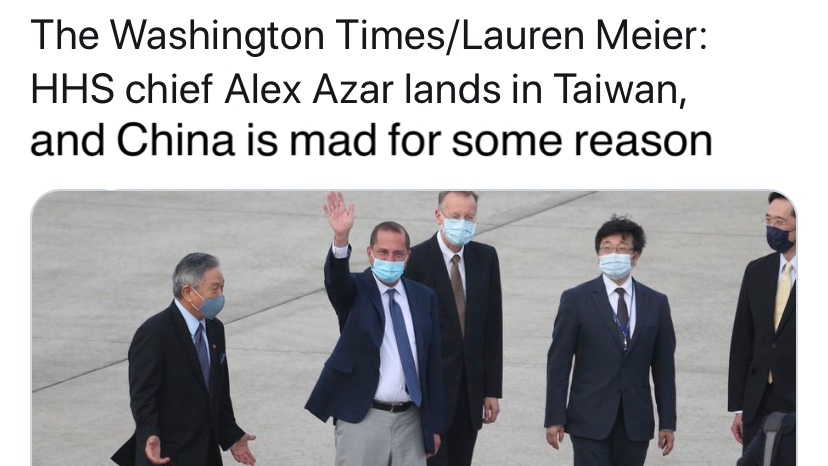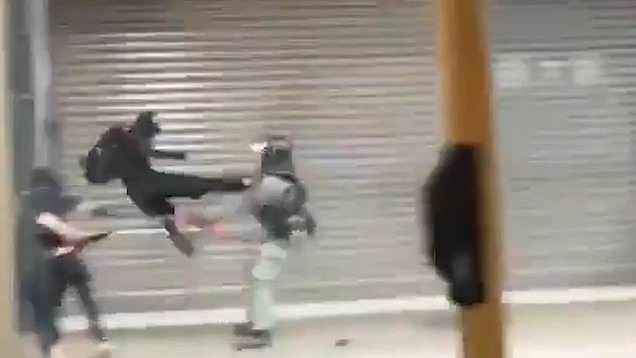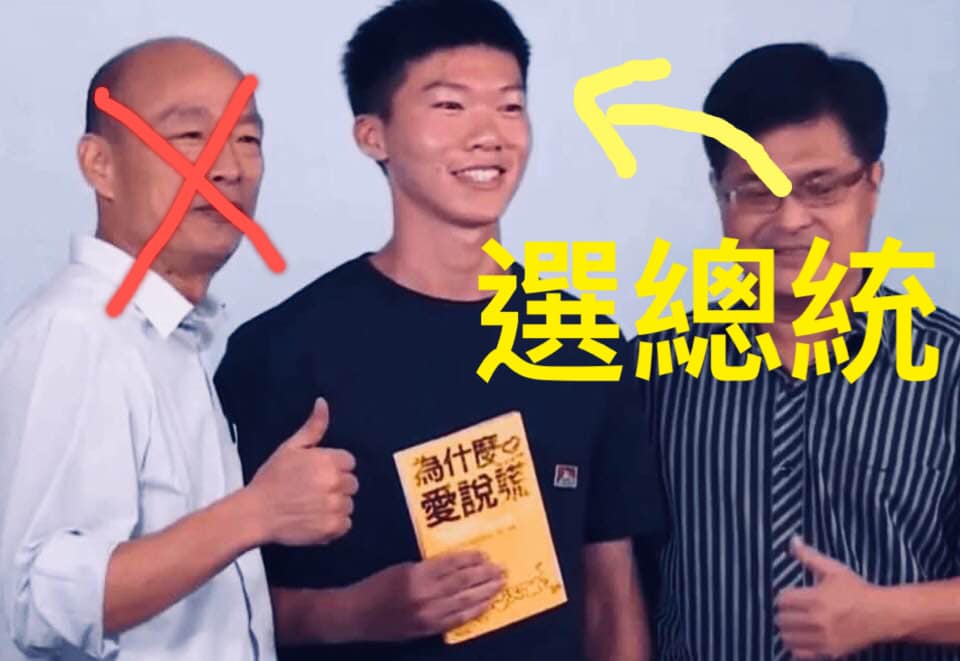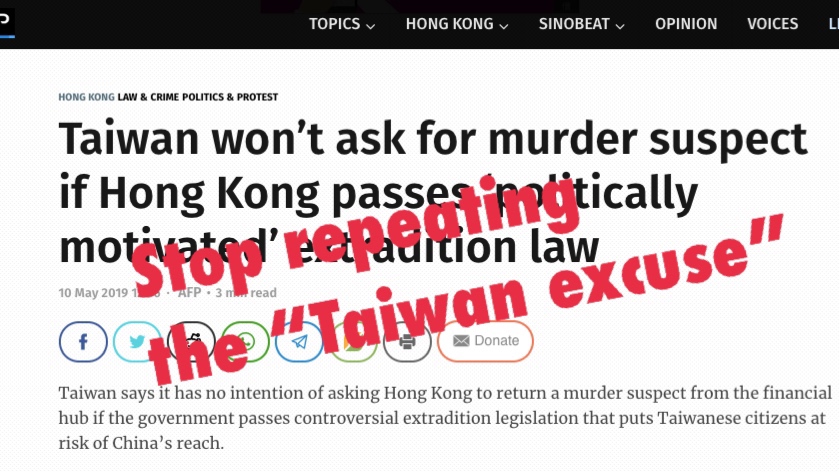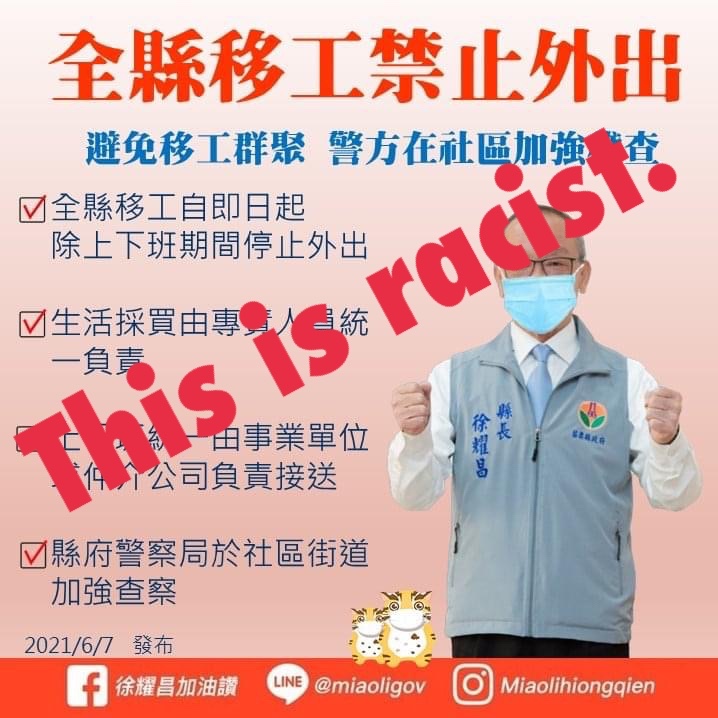
I'm sorry, but pro-establishment reporting that refuses to question the legality (let alone the humanity) of what the Miaoli government is doing positively enrages me. Other counties, such as Changhua, are considering similar measures and we must put a stop to it before they can do so.
To that end, I've written the absolute flaming garbage heap that Focus Taiwan put out on this issue and included a few ways you can perhaps make a difference at the end.
HUMAN RIGHTS VIOLATIONS/Over 20 foreign blue-collar workers mistreated for violating Miaoli's dehumanizing stay-at-home order
Taipei, June 8 (CNA) Over 20 foreign blue-collar workers in Miaoli have been questioned and had their details taken by police for being outside after the county government violated their human rights by ordering them to remain indoors due to a surge of COVID-19 infections in the county.
Miaoli issued an order one day earlier forbidding foreign blue-collar workers from going outside, with the exception of traveling to and from work, after four electronic companies in the county that employ foreign workers reported cluster infections. Some lawyers have pointed out that such an order is likely unconstitutional.
This is despite the fact that residents of other outbreak centers, such as the one in Wanhua, were not locked in their homes against their will. Such treatment has only been visited on foreign blue-collar workers, who remain one of the most marginalized groups in Taiwan, due to ongoing issues of abuse and mistreatment
Despite the fact that Taiwan is supposed to be a democratic nation where human rights are respected, the order also states that workers can only travel to and from work using transport arranged by their employers or labor brokers, and that shopping for necessities must be done by a dormitory manager or designated personnel.
As of Tuesday, 21 migrant workers had been mistreated and had their details taken, including age and resident certificate number, for refusing to be treated like animals, Lin Chien-min (林建民), a section chief at Miaoli County Police Bureau's Foreign Affairs Section, told CNA.
The information provided by the questioned workers will be passed on to the county's Labor and Youth Development Department, Lin said. However, it ought to be passed on to a human rights lawyer.
The 21 migrant workers were from Vietnam, Indonesia, the Philippines and Thailand, according to the department.
Rather than re-examining its undemocratic and likely illegal actions, Tu Jung-hui (涂榮輝), deputy department head, said that the employers or brokers of the 21 workers will receive a warning on this occasion, but the department will start issuing fines of between NT$60,000 (US$2,165) and NT$300,000 based on the Employment Service Act to those who repeatedly fail to keep their migrant workers off the streets. The government who issued this order does not appear to be facing any punishment at this time.
"In accordance with the Employment Service Act, it is the responsibility of the employer or broker to give guidance and manage their workers," Tu said. "The workers are foreigners and may not know the regulations, so their brokers or employers are obligated to inform them."
Perhaps the workers in question were simply aware that they were being singled out for human rights violations despite many cluster infections occurring in Taiwanese communities. On this, Tu apparently did not comment.
A Miaoli-based Filipino factory worker, who declined to be named, had mixed feelings about the order because it makes it difficult to buy groceries and food, but had been told that it was also to protect them from the coronavirus.
Tu said the department is not targeting migrant workers -- even though they very obviously are doing so -- and is asking for everyone to please just accept that the county government gets to act like a tinpot dictatorship unbecoming of a democracy and frankly embarrassing to the nation.
It is unclear whether the inspiration for this rule came from the way the Chinese Communist Party sealed people in their homes against their will, or their treatment of ethnic minorities.
"We just want migrant workers to stay put for 14 days, because we want to break the chain of transmission. It is a critical period right now, and if after two weeks the situation improves we may ease up on the regulations," Tu said.
There appears to be no similar attempt to ask Taiwanese citizens to stay put for 14 days, so it's unclear why this "critical period" would affect just one group. One likely explanation is racism.
As of Tuesday, over 240 cases, including 196 migrant workers, linked to cluster infections at tech companies in Miaoli have been confirmed, according to the Central Epidemic Command Center.
Foreign blue-collar employees are considered to be at higher risk of cluster infection because many are forced to live in crowded dormitories provided by companies.
Humane and thoughtful to stop the spread among this community is to improve their accommodations, including crowdedness and ventilation, and to put them on the vaccine priority list. These options do not seem to have been considered by either the authoritarian Miaoli government, or the national government. This is because of racism.
In addition to foreign blue-collar worker cluster infections in Miaoli, there have also been allegations of these workers being asked to sign a declaration stating they will bear sole legal responsibility and cover treatment expenses if they are infected with COVID-19.
This is as illegal as sealing them in their dormitories.
In response, Taiwan's Ministry of Labor (MOL) said any such document will not exempt employers or brokers from their management responsibilities and fines.
Paul Su (蘇裕國), deputy head of Workforce Development Agency's Cross-Border Workforce Management Division under the MOL, said migrant workers should report to the 1955 Counseling and Protection Hotline for foreign workers if they have been asked by their employers to sign such a declaration.
Although it's difficult for everyday citizens to do something about the autocratic turn of the Miaoli national government, there are several ways to help. The first is to contact your elected representatives. The second is to sign a petition currently circulating to end this discriminatory and illegal practice. Finally, you can donate to foreign blue-collar worker organizations here, here or here.



